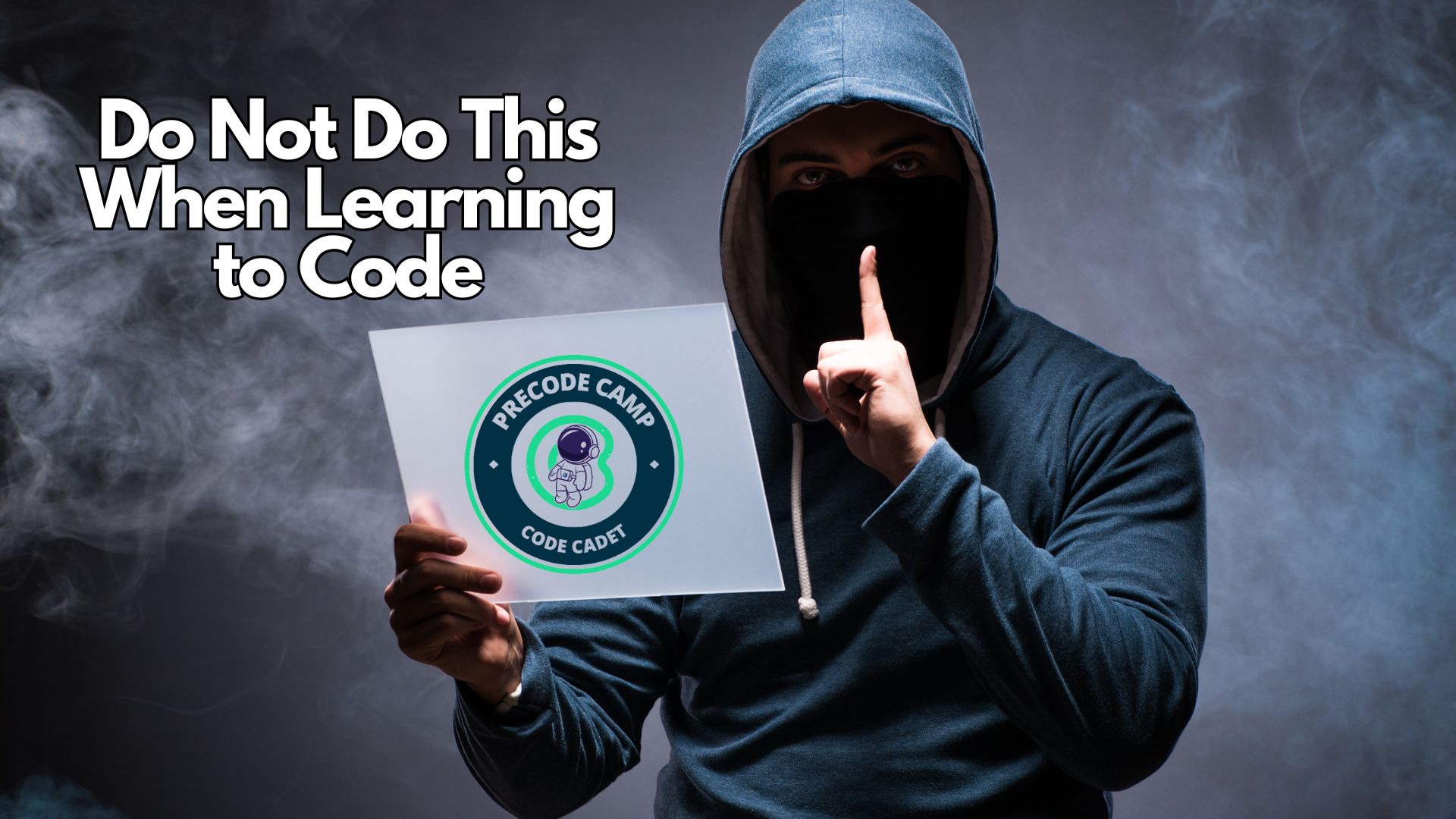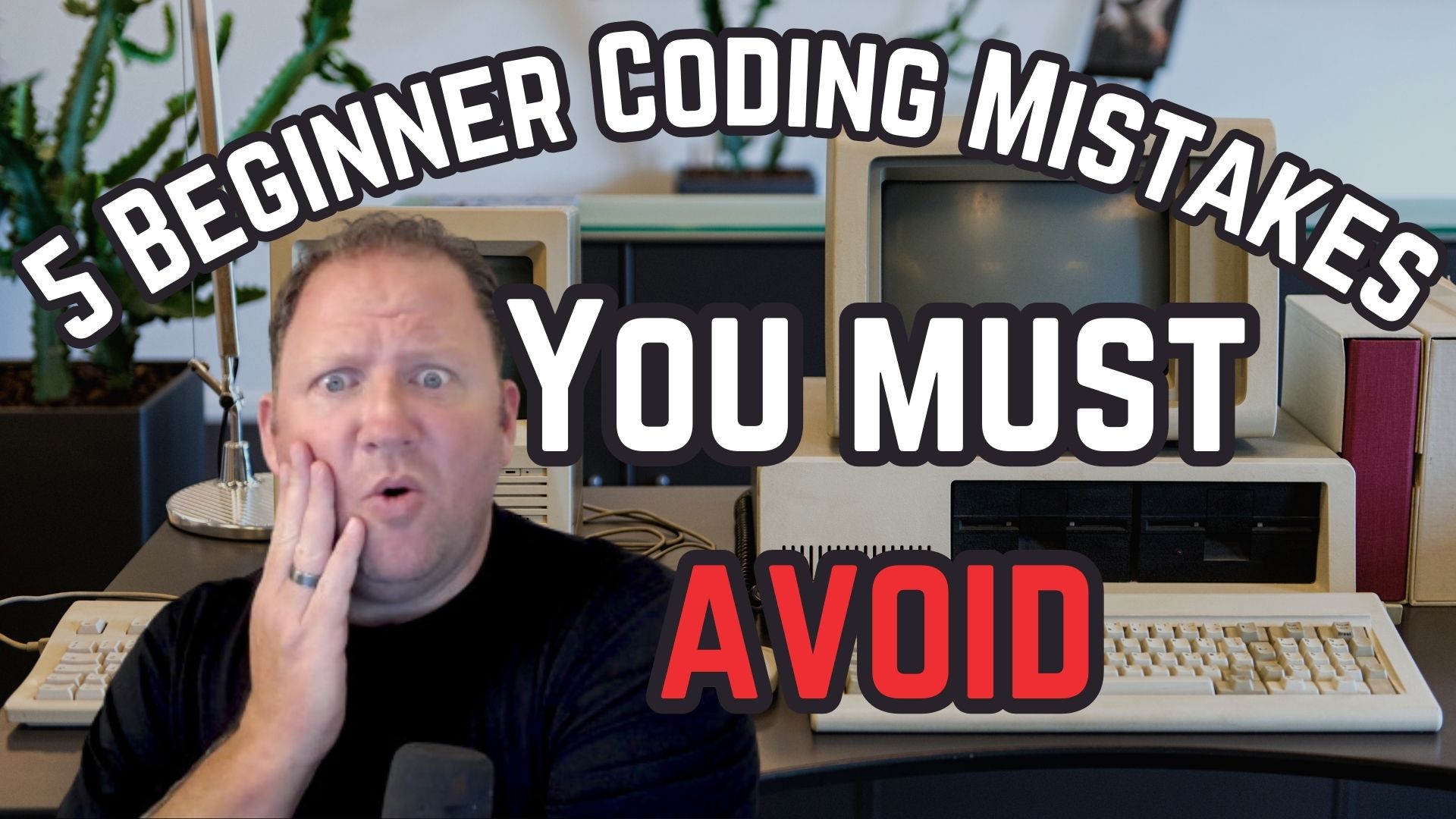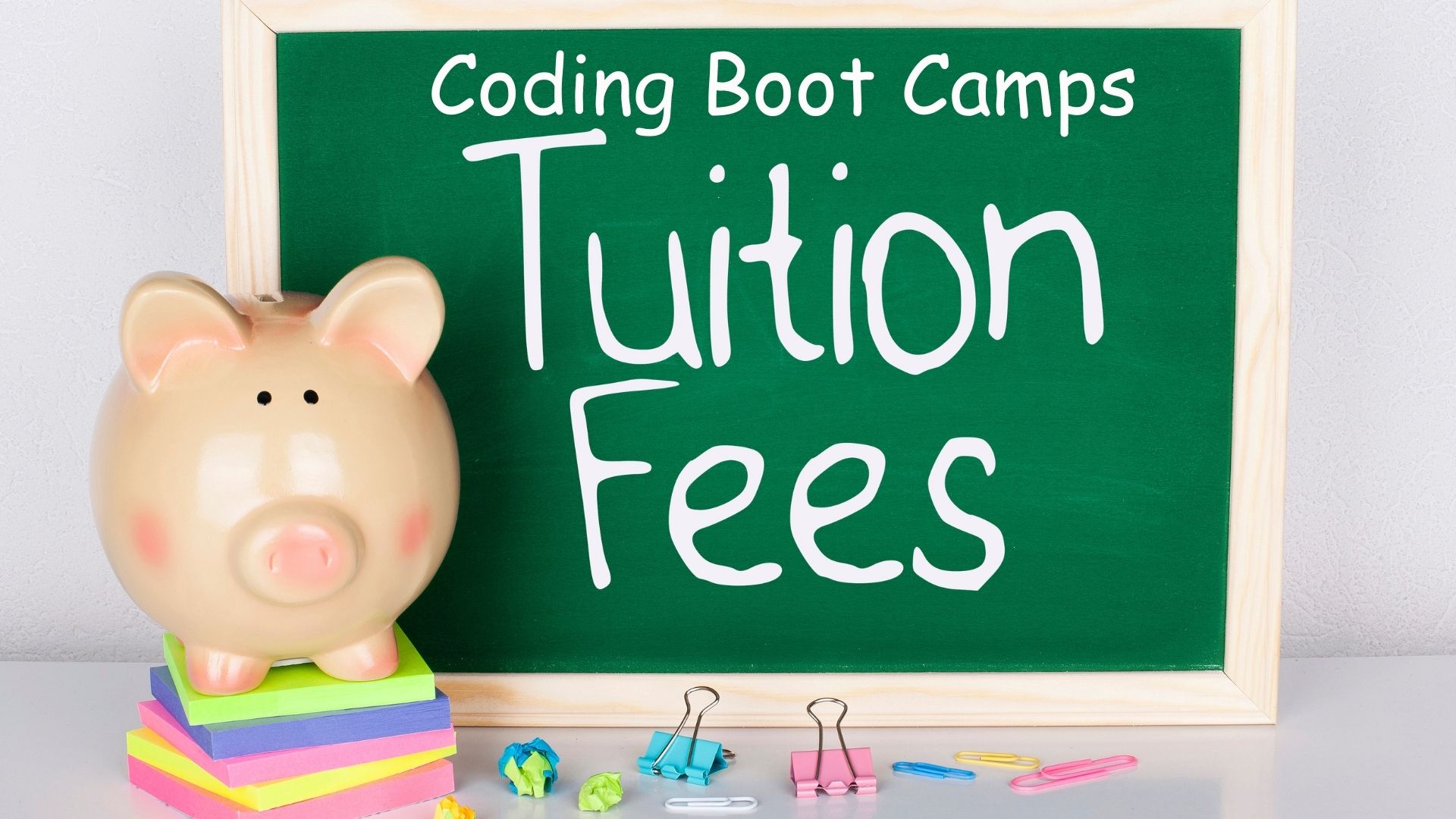10 Essential Tips for Beginners in Coding: A Journey of Learning and Growth

10 Essential Tips for Beginners in Coding: A Journey of Learning and Growth
Are you a beginner in the world of coding? If so, you're about to embark on an exciting journey filled with challenges, triumphs, and endless opportunities for growth. As you step into this vast realm of technology and programming languages, it's essential to arm yourself with the right knowledge and mindset to navigate the path ahead successfully.
Today, I'm here to share with you ten invaluable tips that I wish I had known when I first started my coding journey. These insights, gained through my own experiences and trials, will hopefully serve as guiding lights for you as you embark on your coding adventure.
Essential Tips for Beginners in Coding:
Focus on One Language: One of the most common mistakes beginners make is trying to learn multiple coding languages at once. Trust me; it's far more beneficial to pick one language and master it thoroughly. Whether it's Python, Java, or JavaScript, dedicating your time and effort to understanding the nuances of one language will lay a solid foundation for your coding skills.
Embrace the Terminal: Don't be intimidated by the command line interface. Start using the terminal early on in your coding journey. It's a powerful tool that will streamline your development process and make you feel like a true coding wizard.
Practice, Practice, Practice: Repetition is the key to mastery. Set aside time each day to code, even if it's just for a few minutes. Consistent practice will reinforce your skills and help you progress faster than you ever thought possible.
Prioritize Readability: Writing clean, readable code is essential, not only for your own understanding but also for collaboration with other developers. Adopt proper naming conventions, comment your code, and break it down into manageable sections. Your future self (and your colleagues) will thank you for it.
Say No to Perfectionism: Perfectionism can be paralyzing, especially in the early stages of learning to code. Remember that coding is a journey, not a destination. Don't let the pursuit of perfection hinder your progress. Embrace imperfection, learn from your mistakes, and keep moving forward.
Avoid Comparing Yourself to Others: Each coder's journey is unique, and comparing yourself to others will only lead to unnecessary frustration and self-doubt. Focus on your own growth and celebrate your accomplishments, no matter how small they may seem.
Seek Community and Collaboration: Don't go it alone. Connect with fellow coders through meetups, online forums, or coding communities. Surrounding yourself with like-minded individuals will provide support, encouragement, and valuable opportunities for collaboration and learning.
Think Like a Programmer: Coding isn't just about writing lines of code; it's about solving problems and thinking logically. Train your mind to approach challenges with a programmer's mindset, breaking down complex problems into smaller, more manageable steps.
Prioritize Mental Health: Learning to code can be mentally taxing, so don't neglect your well-being. Get enough sleep, eat well, exercise regularly, and make time for activities that bring you joy and relaxation. A healthy mind is essential for success in any endeavor.
Don't Give Up: Lastly, and perhaps most importantly, don't give up. There will be times when you feel frustrated, overwhelmed, or tempted to throw in the towel. But remember, every setback is an opportunity to learn and grow stronger. Stay resilient, stay determined, and keep pushing forward. The journey may be challenging, but the rewards are immeasurable.
In conclusion, embarking on a coding journey is an exhilarating adventure filled with endless possibilities. By following these ten tips and embracing the ups and downs along the way, you'll be well-equipped to tackle any coding challenge that comes your way. So go forth, fellow coder, and may your journey be filled with discovery, innovation, and endless opportunities for growth.
Question and Answers
1. Q: What is the importance of focusing on one coding language before moving on to another?
A: It allows for a deep understanding and proficiency in that language.
2. Q: What is the downside of trying to learn multiple coding languages at once?
A: It can be confusing and hinder progress, especially in the early stages of learning.
3. Q: How can one become proficient in coding?
A: Through practice, repetition, and daily coding.
4. Q: What is the significance of coding readability?
A: It ensures that code is easy to understand and maintain.
5. Q: What are some tips for improving coding readability?
A: Using proper naming conventions, commenting code, and breaking down code into sections.
6. Q: What are some existing resources that can be utilized for CSS?
A: Bootstrap is a popular resource for CSS.
7. Q: What is the importance of seeking tutorials or videos?
A: It helps in gaining a better understanding of coding concepts.
8. Q: Should one strive for perfection before moving forward in coding?
A: No, perfection is unattainable and can hinder progress.
9. Q: Why is it important not to compare oneself to others in coding?
A: Everyone learns at their own pace and there are many variables involved in learning programming.
10. Q: How can one find like-minded individuals for support and learning?
A: Attend meetups or connect with online platforms to find a community of programmers.
11. Q: What does it mean to "think like a programmer"?
A: It involves problem-solving and understanding processes.
12. Q: What are some ways to take care of oneself while learning coding?
A: Prioritize proper sleep, eating, physical activity, and relaxation.
13. Q: Why is it important to not give up on coding, even when it feels tempting to do so?
A: One may miss out on potential growth and progress if they give up.
14. Q: What is the significance of documenting one's coding journey?
A: It allows for reflection, tracking progress, and sharing experiences with others.
15. Q: How can one find motivation to continue their coding journey?
A: Reflect on personal experiences, set goals, and find support from like-minded individuals.
16. Q: What is William’s opinion on bouncing around between programming languages?
A: It is not beneficial, especially in the early stages of learning computer programming.
17. Q: How long does it take to build coding habits?
A: It takes about ninety days to build coding habits.
18. Q: What is the "ten thousand hours" rule mentioned by William?
A: It emphasizes the need for repetition and practice to become proficient in coding.
19. Q: What are some suggestions for utilizing existing resources in coding?
A: Utilize pre-made resources like Bootstrap for CSS to save time and effort.
20. Q: What are some signs that may indicate one should continue their coding journey?
A: Personal fulfillment, enjoyment, and signs of progress can indicate the need to continue coding.





